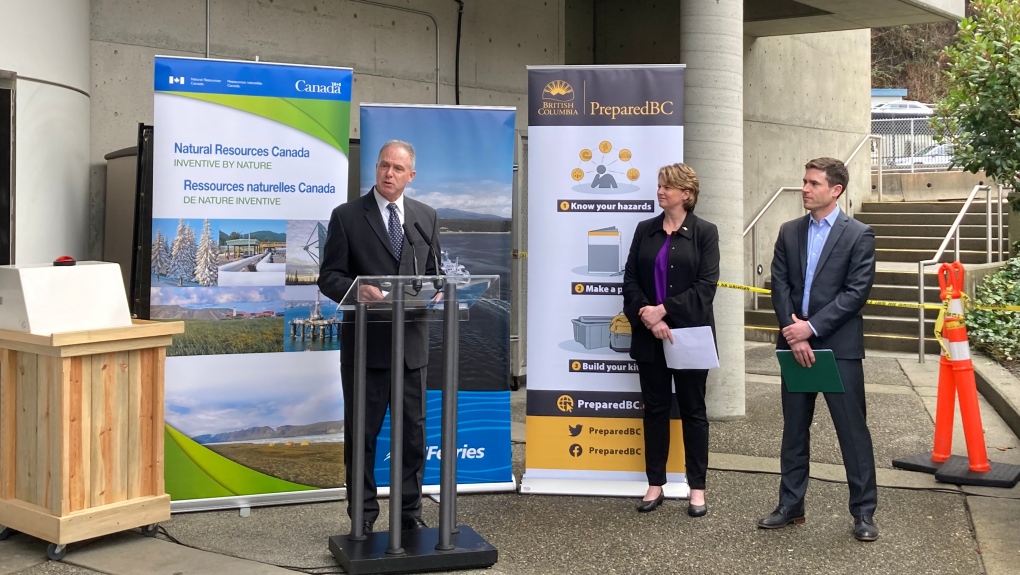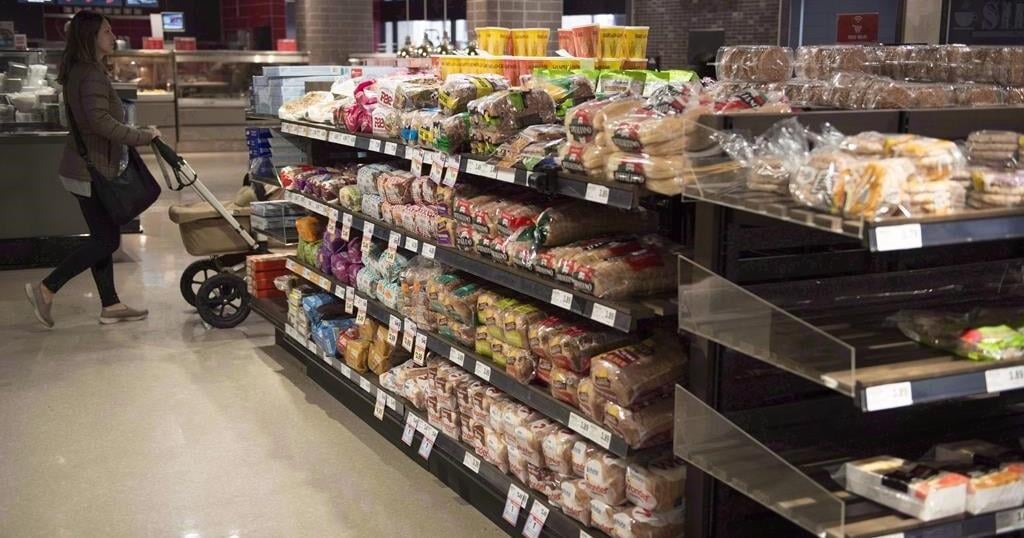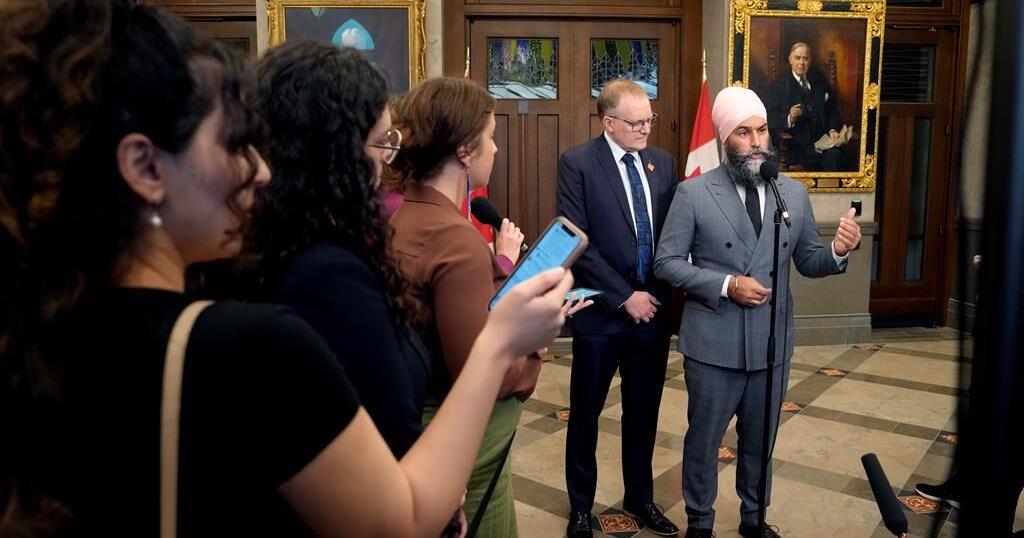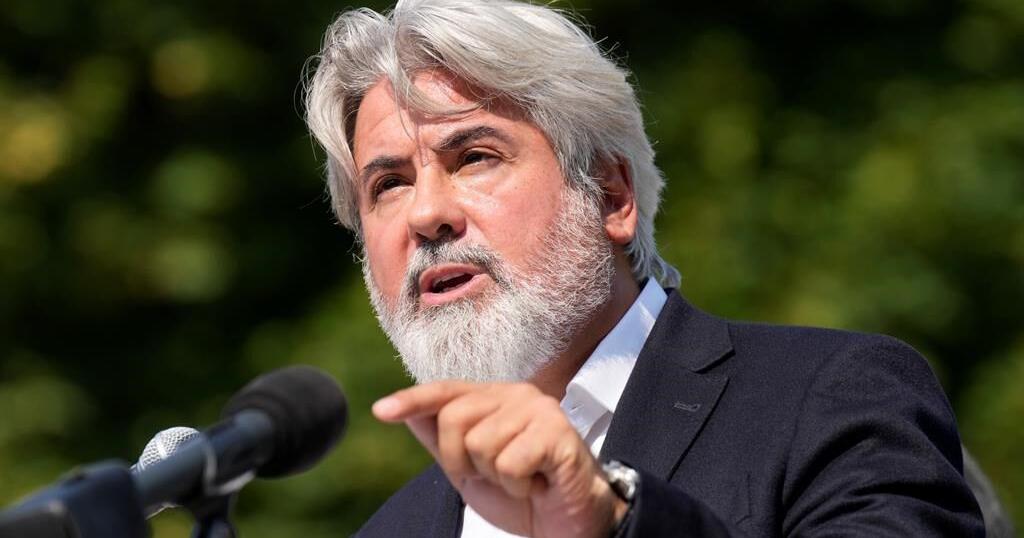OTTAWA – The New Democrats confirmed Thursday they won’t help Pierre Poilievre’s Conservatives topple the government next week, and intend to join the Bloc Québécois in blocking the Tories’ non-confidence motion.
The planned votes from the Bloc and the New Democrats eliminate the possibility of a snap election, buying the Liberals more time to govern after a raucous start to the fall sitting of Parliament.
Poilievre issued a challenge to NDP Leader Jagmeet Singh earlier this week when he announced he will put forward a motion that simply states that the House has no confidence in the government or the prime minister.
If it were to pass, it would likely mean Canadians would be heading to the polls, but Singh said Thursday he’s not going to let Poilievre tell him what to do.
Voting against the Conservative motion doesn’t mean the NDP support the Liberals, said Singh, who pulled out of his political pact with Prime Minister Justin Trudeau a few weeks ago.
“I stand by my words, Trudeau has let you down,” Singh said in the foyer outside of the House of Commons Thursday.
“Trudeau has let you down and does not deserve another chance.”
Canadians will have to make that choice at the ballot box, Singh said, but he will make a decision about whether to help trigger that election on a vote-by-vote basis in the House.
The Conservatives mocked the NDP during Question Period for saying they had “ripped up” the deal to support the Liberals, despite plans to vote to keep them in power.
Poilievre accused Singh of pretending to pull out of the deal to sway voters in a federal byelection in Winnipeg, where the NDP was defending its long-held seat against the Conservatives.
“Once the votes were counted, he betrayed them again. He’s a fake, a phoney and fraud. How can anyone ever believe what the sellout NDP leader says in the future?” Poilievre said during Question Period Thursday afternoon.
At some point after those comments, Singh stepped out from behind his desk in the House and a two-minute shouting match ensued between the two leaders and their MPs before the Speaker intervened.
Outside the House, Poilievre said he plans to put forward another non-confidence motion at the next opportunity.
“We want a carbon-tax election as soon as possible, so that we can axe Trudeau’s tax before he quadruples it to 61 cents a litre,” he said.
Liberal House leader Karina Gould says there is much work the government still needs to do, and that Singh has realized the consequences of potentially bringing down the government. She refused to take questions about whether her government will negotiate with opposition parties to ensure their support in future confidence motions.
Bloc Québécois Leader Yves-François Blanchet hasn’t ruled out voting no-confidence in the government the next time a motion is tabled.
“I never support Liberals. Help me God, I go against the Conservatives on a vote that is only about Pierre Poilievre and his huge ambition for himself,” Blanchet said Thursday.
“I support the interests of Quebecers, if those interests are also good for Canadians.”
A Bloc bill to increase pension cheques for seniors aged 65 to 74 is now at “the very centre of the survival of this government,” he said.
The Bloc needs a recommendation from a government minister to OK the cost and get the bill through the House.
The Bloc also wants to see more protections for supply management in the food sector in Canada and Quebec.
If the Liberals can’t deliver on those two things, they will fall, Blanchet said.
“This is what we call power,” he said.
Treasury Board President Anita Anand wouldn’t say whether the government would be willing to swallow the financial implications of the Bloc’s demands.
“We are focused at Treasury Board on ensuring prudent fiscal management,” she said Thursday.
“And at this time, our immediate focus is implementing the measures in budget 2024 that were announced earlier this year.”
This report by The Canadian Press was first published Sept. 19, 2024.






















